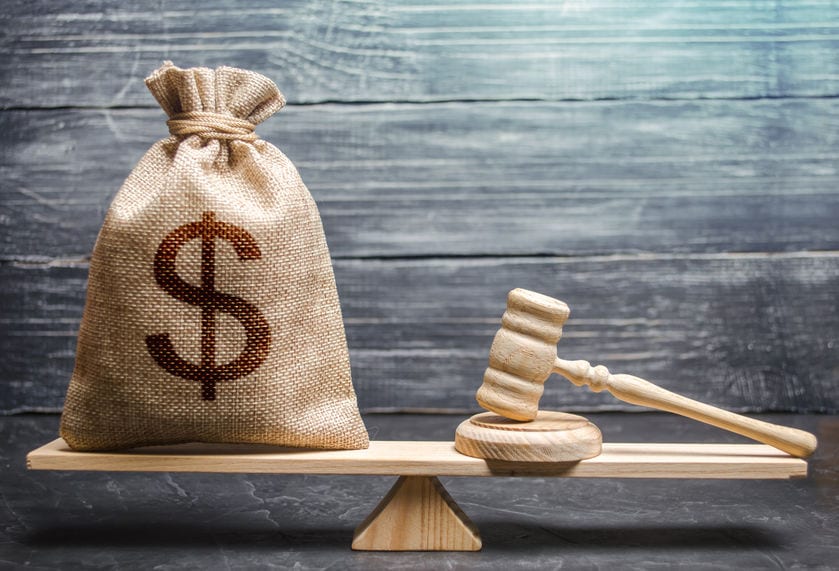Mallory King - May 15, 2020 - Trademark Infringement, Trademark Law, Trademark Litigation

Under the Lanham Act, there are a few different avenues you can take to enforce your trademark rights through litigation. Section 1125(a) creates a cause of action for trademark infringement, while Section 1125(c) creates a cause of action for trademark dilution. The damages (monetary compensation) that can be collected by plaintiffs through these causes of action are governed by the same section of the Lanham Act, Section 1117(a).
Prior to the Supreme Court’s decision in Romag Fasteners, Inc. v. Fossil Group, Inc. (full decision here), it was unclear whether proving “willfulness” was a prerequisite to collecting damages (more specifically defendant’s profits) under Section 1125(a) for trademark infringement. The Supreme Court has now made it clear: “A plaintiff in a trademark infringement suit is not required to show that a defendant willfully infringed the plaintiff’s trademark as a pre-condition to a profits award.”
The Supreme Court’s Romag Fasteners decision is important because it will make the availability of profit-related damages more accessible to plaintiffs seeking recovery in a trademark infringement suit. Establishing whether a defendant had “willfully” infringed a trademark can be difficult, which can require proof that the defendant was aware of the infringing activity and that the defendant’s actions were the result of reckless disregard. Some plaintiffs have struggled to prove willfulness, leaving them only with collection of “actual damages,” which are also hard to prove and sometimes nominal. Altogether, having profits be more easily available may both incentivize trademark enforcement, and deter trademark infringement.
Even though the Supreme Court has clarified that proving a defendant’s willfulness is not a prerequisite to collecting profits stemming from trademark infringement, the willfulness standard remains alive and well when it comes to “treble” (aka: triple) damage and attorneys’ fees. Willfulness here is more logical given that proving someone willfully infringed your trademark is difficult, and if established, would warrant the award of even more damages.
If you believe that your trademark has been infringed, the attorneys at Traverse Legal would be happy to talk with you about your options for enforcing your rights and the potential for collecting damages related to the same.